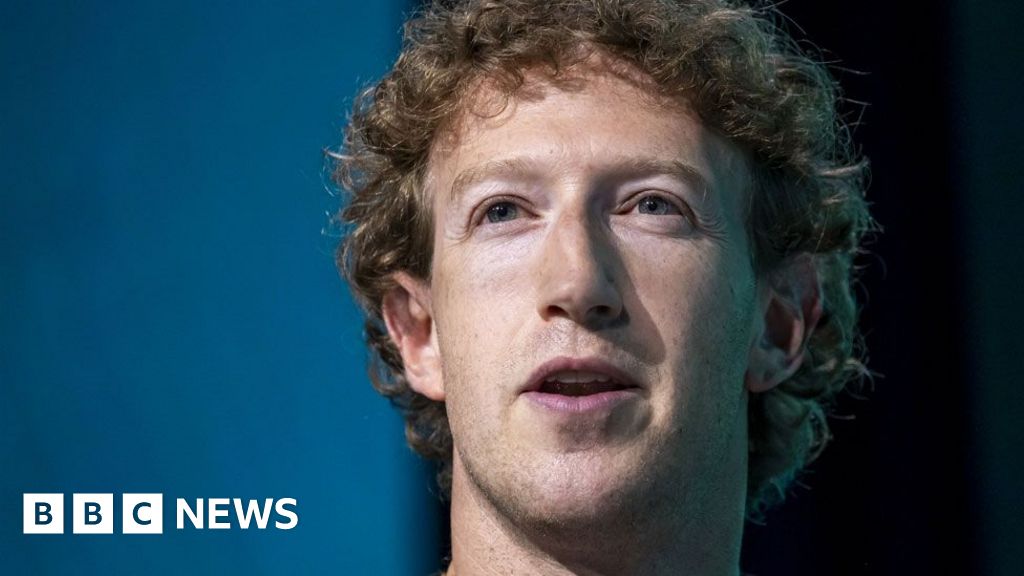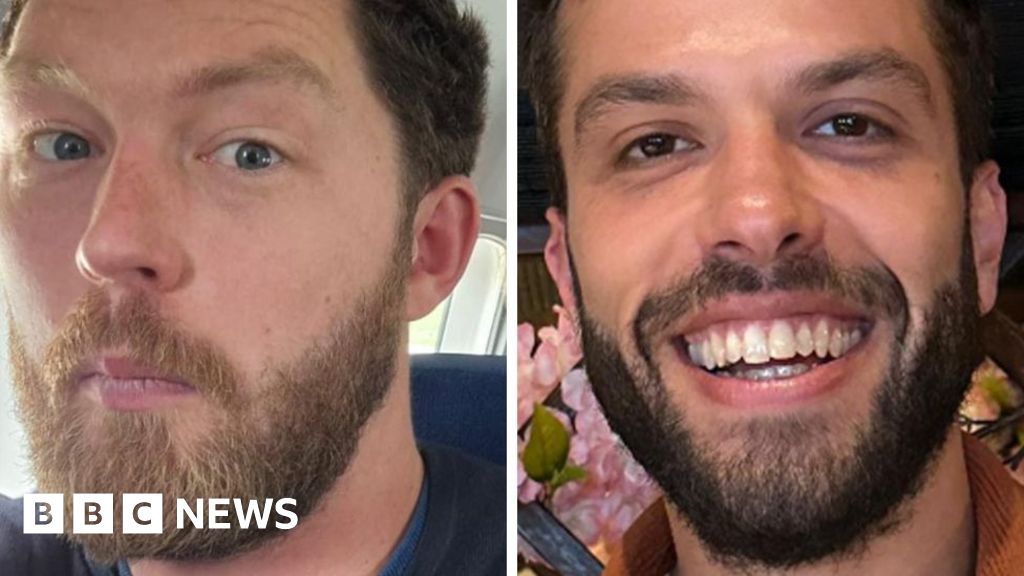BB Sasore is the co-founder and Creative Director of Nemsa Studio. The filmmaker, who directed the award-winning movie, ‘Breath of Life’, tells FAITH AJAYI about his career and other issues
You studied Biological Sciences at Rutgers University, United States of America. What inspired you to transition from biological sciences to film directing?
I sincerely believed I was going to be a surgeon. However, I had always been a storyteller and performer while growing up. While in college (university), my love for films crystallised the expression of that storytelling for me into motion picture format. I guess the simple answer is I loved films so much, so I decided to make them.
In what ways has your academic background influenced your approach to filmmaking?
I am not sure it has influenced it much. Perhaps, it has allowed us to take a more methodical approach to my overall storytelling; but, filmmaking is quite organic and instinctive.
It is believed that right from the stage of scripting a film, one would have a feeling of whether the movie would successful or not. As a writer and director, what are the things you look out for before deciding to work on any movie?
There are many things that make a film do well. Honestly, a large part of that is serendipity and opportunity. However, there are a few things that my team and I look out for. One of them is to consider how exciting and different the premise is. We also take note of how relatable the characters are to most people, or at least to someone we all know. How executable the story is within the budget is also an important factor. And, we consider how marketable the film would be.
How would you describe your creative process when directing a film such as ‘Breath of Life’?
A large part of the process has to do with hiring and surrounding oneself with the best talents. Nollywood is still in its infancy, which means not all the skill sets have the necessary pool of experienced personnel to choose from. People still need to be pulled into the industry across the value chain of expertise.
At my production company, we don’t only hire people who have worked on films, we look for people who are great in tangential fields to the expertise that is required. For example, one of our production designers is an architect. When one has the best team, directing becomes easier, because one can achieve almost anything that is in one’s mind.
How would you describe your experience working with the actors on the set of ‘Breath of Life’?
All the actors were amazing to work with, and they did a wonderful job, which it is evident from the fact that they swept all the categories they were nominated in at the recently concluded Africa Magic Viewers Choice Awards. Meanwhile, that does not include amazing veterans like Bimbo Manuel, Tina Mba and Sam Dede. Indeed, we had a great cast.
How do you balance the artistic and commercial aspects of filmmaking to ensure both critical acclaim and audience engagement?
That is actually the toughest part of being a filmmaker, especially in an independent film ecosystem. Typically, when there are big studios involved in a production, one does not have to worry about the commercial aspect, or at the least, they would guide that aspect, so one is able to focus on the artistic expression of the story.
To be fair, Prime Video was quite great at giving us a lot of latitude for artistic expression and allowing us not to worry much about commercial success. But, in Nollywood, one must juggle both aspects; otherwise, one won’t last long.
What motivated you to co-found Nemsia Studios, and what’s your vision for the company?
Derin Adeyokunnu, who is the Managing Partner of the company was actually the driving force there. He has always had an entrepreneurial spirit, and this is not his first venture; though it is my first. We were however aligned on our vision. We wanted to create an impactful motion picture studio in Africa that would tell great stories that could compete with those churned out by big companies, such as Pixar or A24.
What are the strategies you have employed to ensure that the company is relevant in the industry, while evolving and applying new innovations to meet global standards?
I am not sure there are strategies that do that. We just keep our heads down and try to tell good stories. We were ‘naïve’ enough to believe that the work will speak for itself, and that naivete seemed to finally pay dividends. We are, however, constantly trying to stay informed about the newest technologies in the industry, especially as it relates to equipment and post production.
What are some milestones you are particularly proud of?
Every time one makes a film, it is something to be proud of. Putting something out into the world that didn’t exist before you. Most people get to trade in products that already exist. But, being a filmmaker puts one in a very exclusive class of adding to the world, so it is always a proud thing when one does that in whatever form.
‘Breath of Life’ won several awards at this year’s AMVCA, including Best Director for you. What do awards mean to you personally and professionally?
Winning those awards meant a lot. Many people worked very hard (on the movie) for over two years, and I kept joking with them, saying that they would give me all the credits for their work. But, though only my name was on the award (as Best Director), the contributions of a lot of people was immeasurable towards that achievement. That makes me happy.
How do such recognitions impact your career, and the perception that people have of Nollywood internationally?
I am not sure any single piece of work can change the perception of Nollywood internationally. We are making big strides through the efforts of many great filmmakers, who built the industry from nothing, starting from the 90s. However, we are immensely proud of what we achieved, and I believe that Amazon Prime is equally impressed with the reception of the film on their platform.
What are the major challenges you face as a filmmaker and screenwriter?
They are the same challenges everyone faces. They include access to capital, and poor infrastructure, among others. However, what we lose in those things, Nigeria makes up for with a rich culture that creates a bottomless pool of stories, as well as a highly motivated and affordable workforce.
How do you handle creative differences on set, especially when working on high-stake projects?
Filmmaking is the most collaborative process I know. As I mentioned earlier, we only hire the best people, so I believe strongly in deference. Most times, we go with domain expertise above other considerations. For example, I don’t argue with the sound person about sound. If I not aligned with anybody, I have the responsibility to make the final decision as the director, but that decision is principally one of deferring to the person who has expertise in that particular area.
Some people believe that Nigeria’s entertainment industry now operates according to global standards, while some are of the opinion that it is still not at par with the biggest in the world. As an insider in the industry, what is your take on that?
I think the music industry is a lot more at par when it comes to global standards. And, they are doing a great job in exporting our culture to the world.
To be fair though, the chasm in production budgets is vastly different. Aside from marketing, a Burna Boy or Taylor Swift song, for example, might only amount to a difference in cost of $100,000 to produce. Hollywood makes films for millions of people, while Nollywood makes for hundreds of thousands; so I am not sure if a comparison will be accurate.
That being said, I can categorically say that there are people who enjoy the movies from either parts of the world, just as much as the other.
What significant changes have you observed in Nollywood over the past decade?
Filmmakers and actors are bolder; and different stories are being told on a much larger scale.
What do you consider to be the biggest strengths and weaknesses of the industry?
One of its most notable strengths is the rich culture that creates a bottomless pool of stories; as well as a highly motivated affordable workforce.
Making a movie entails selecting the right cast and helping them to perform at their best. In the light of that, how do you approach working with actors?
We talk a lot about the characters, their motivations and how to relate them to their personal experiences. Then, I get out of their way and leave them to do their jobs.
Who are your biggest influences in the film industry, and how have they shaped your work?
I tend to be more influenced by work than people. I remember watching October 1 (by Kunle Afolayan), and being sucked into the craft and indigenousness of it.
I also recall watching the first part of Omo Ghetto movies, and laughing really hard. I thoroughly enjoyed the wedding.
Most recently, I was impressed at the scale of the movie, Gangs of Lagos. I am sure that those works have influenced my work in one way or the other.
How do you balance your career with your personal life and well-being?
I am not sure one can ever truly find a balance in life, especially if one loves one’s work. Now that I have a daughter, I am trying to be more intentional about spending more time with my family. I have doubts if one ever get the right mix, but we continue trying.
What advice do you have for aspiring filmmakers looking to make their mark in Nollywood?
They should surround themselves with people who are better than they are at their crafts.
Of all the films you have worked on, which is your favourite, and why?
I enjoy magical realism, so it would have to be Breath of Life, because it is the first film I have enjoyed as an audience member, even if I did not make it.
How do you unwind?
I watch movies.
 (1).png)
 6 months ago
31
6 months ago
31


















